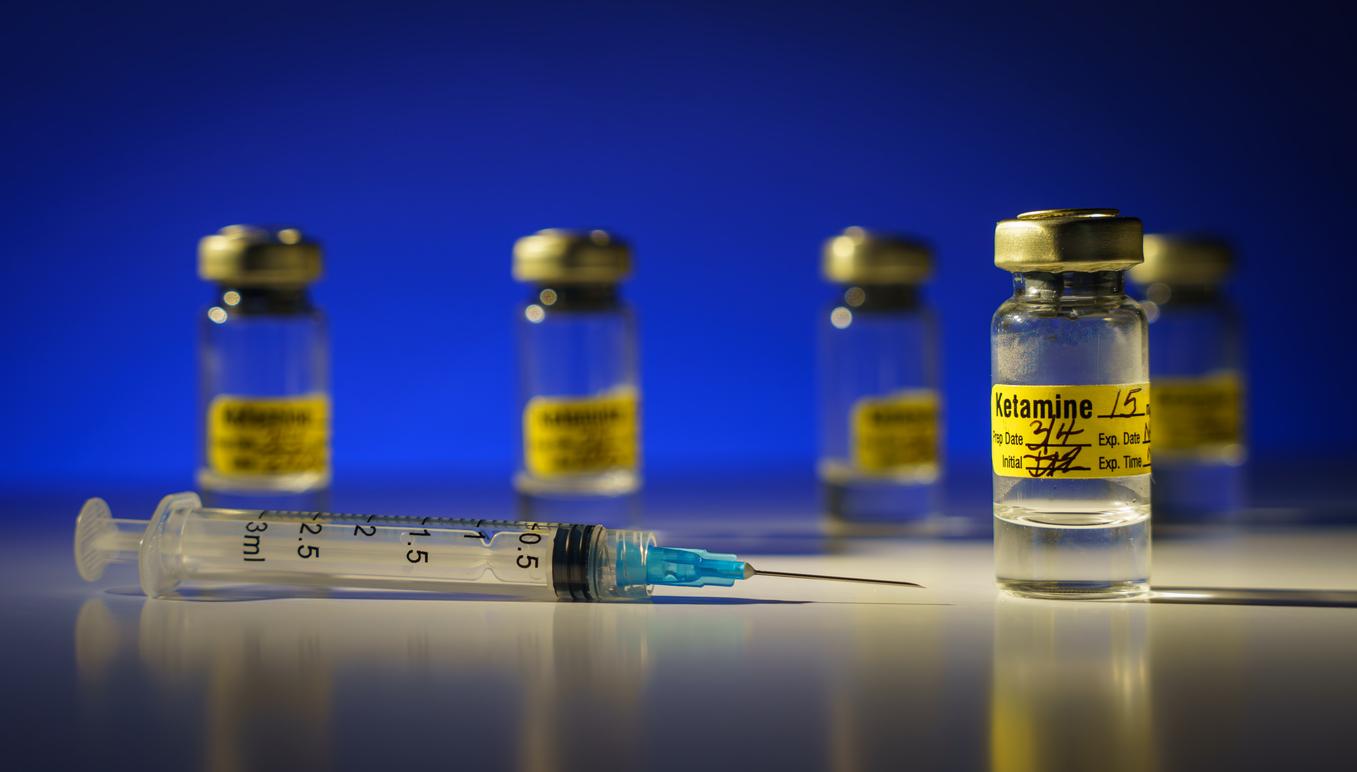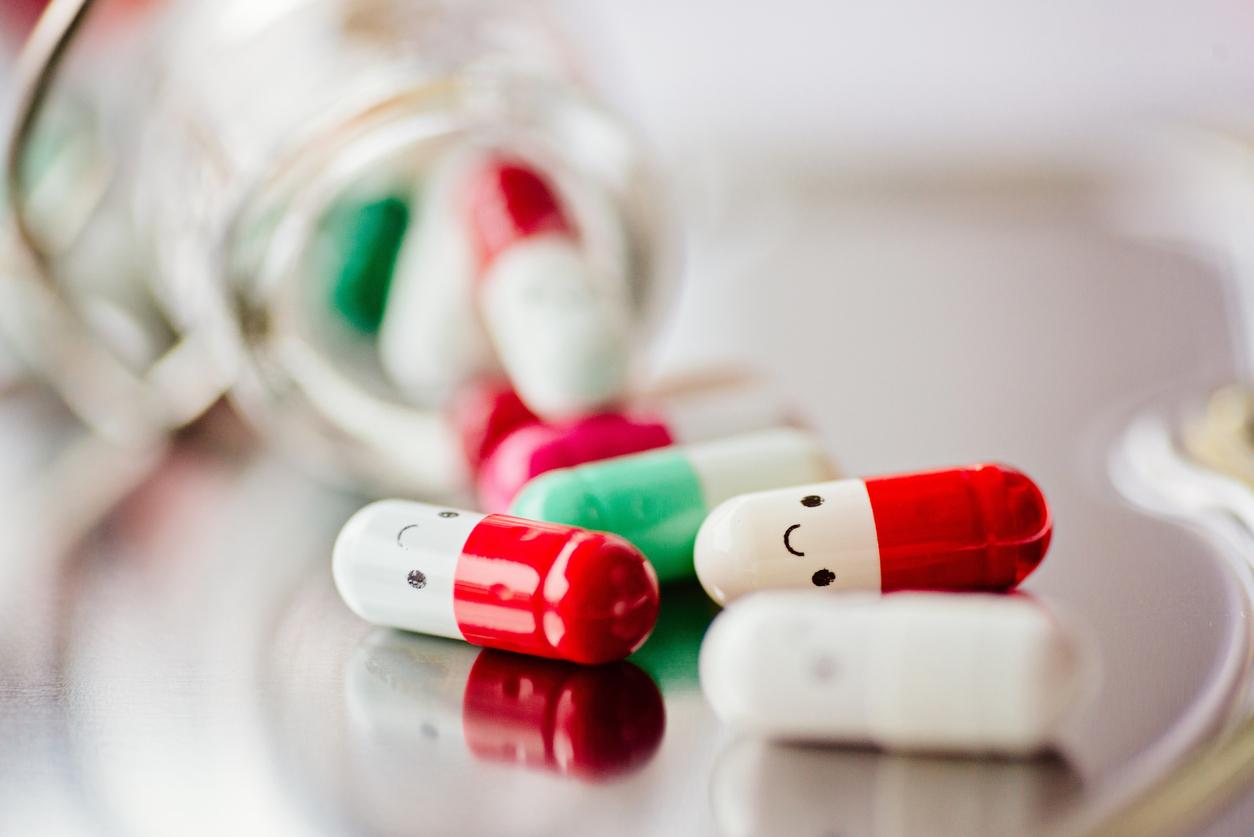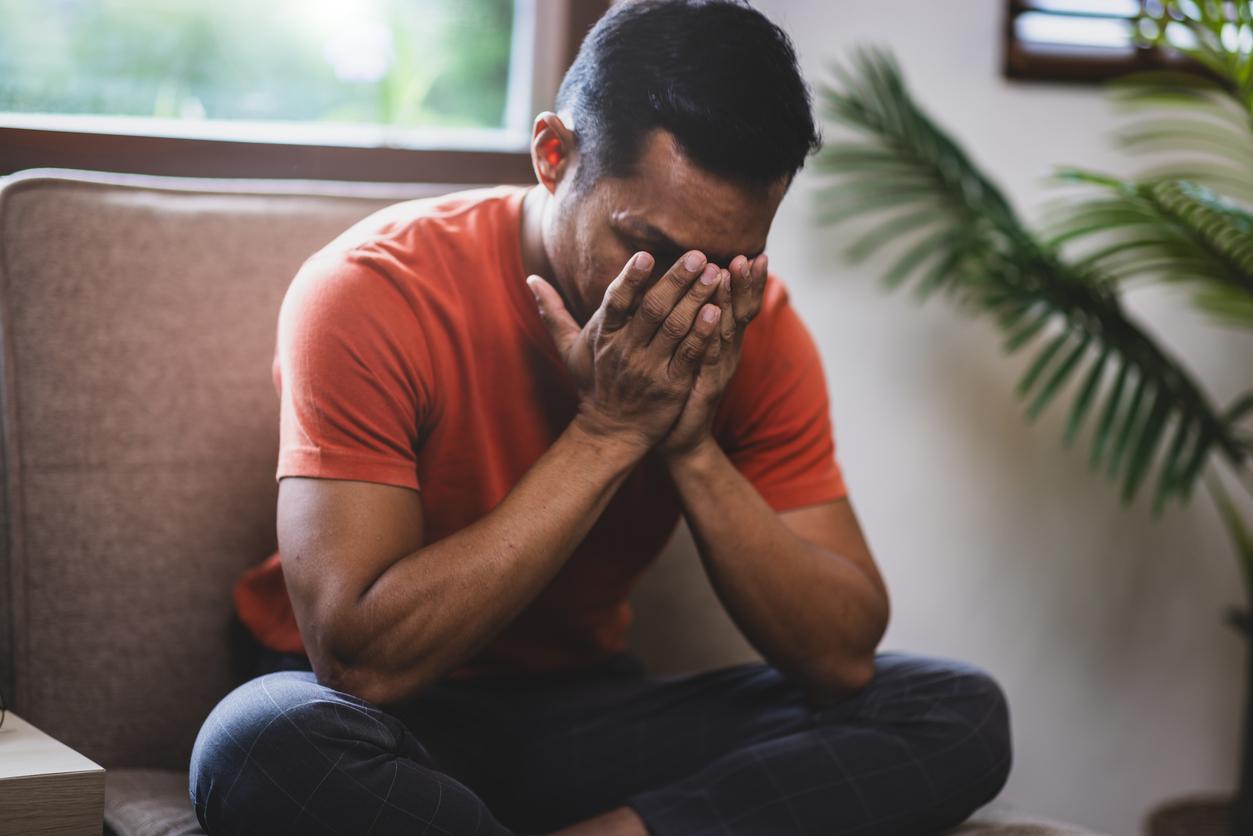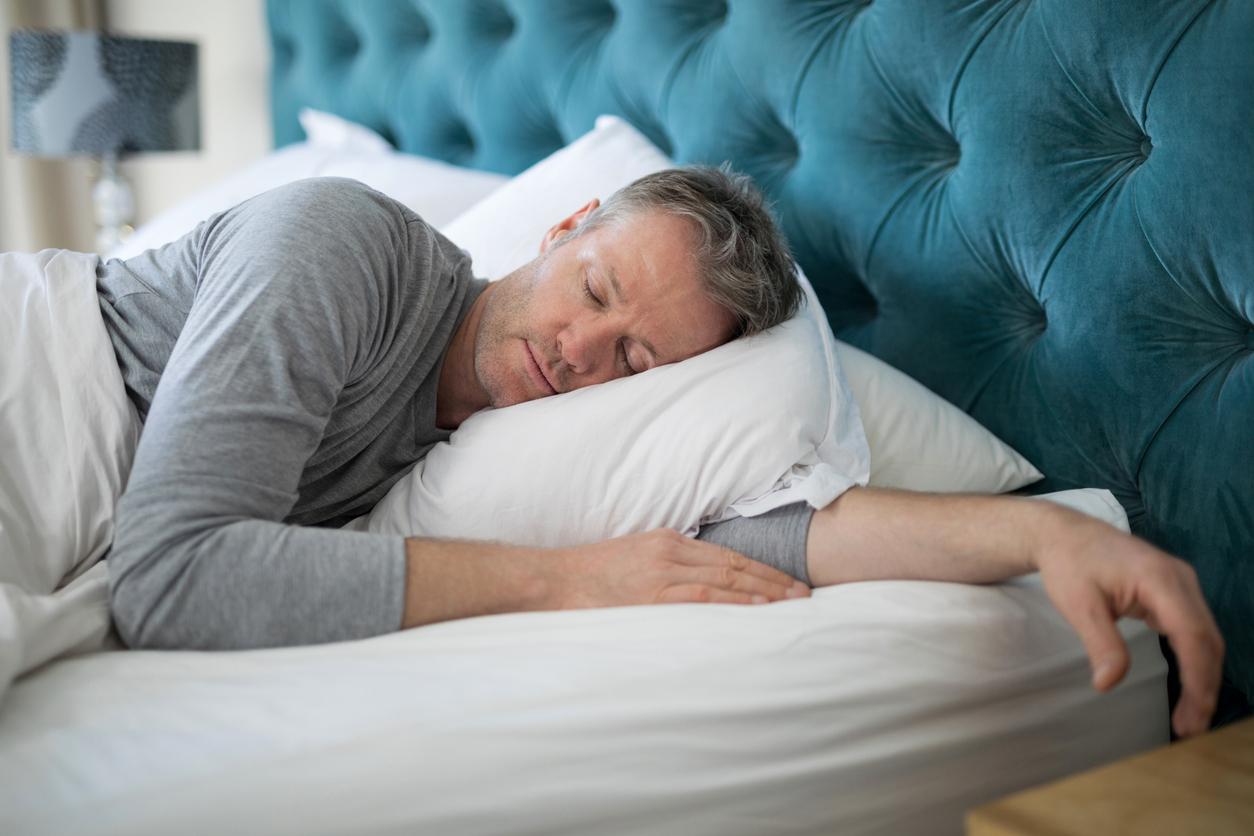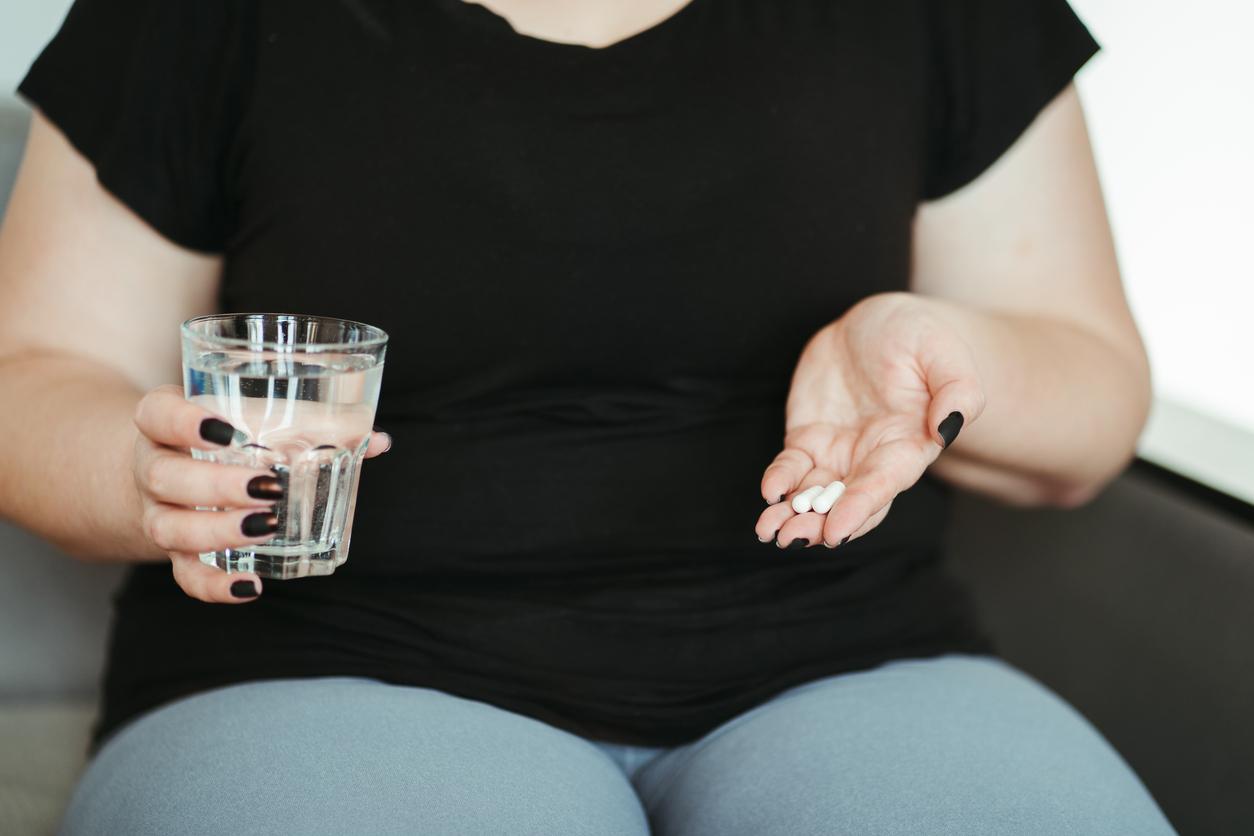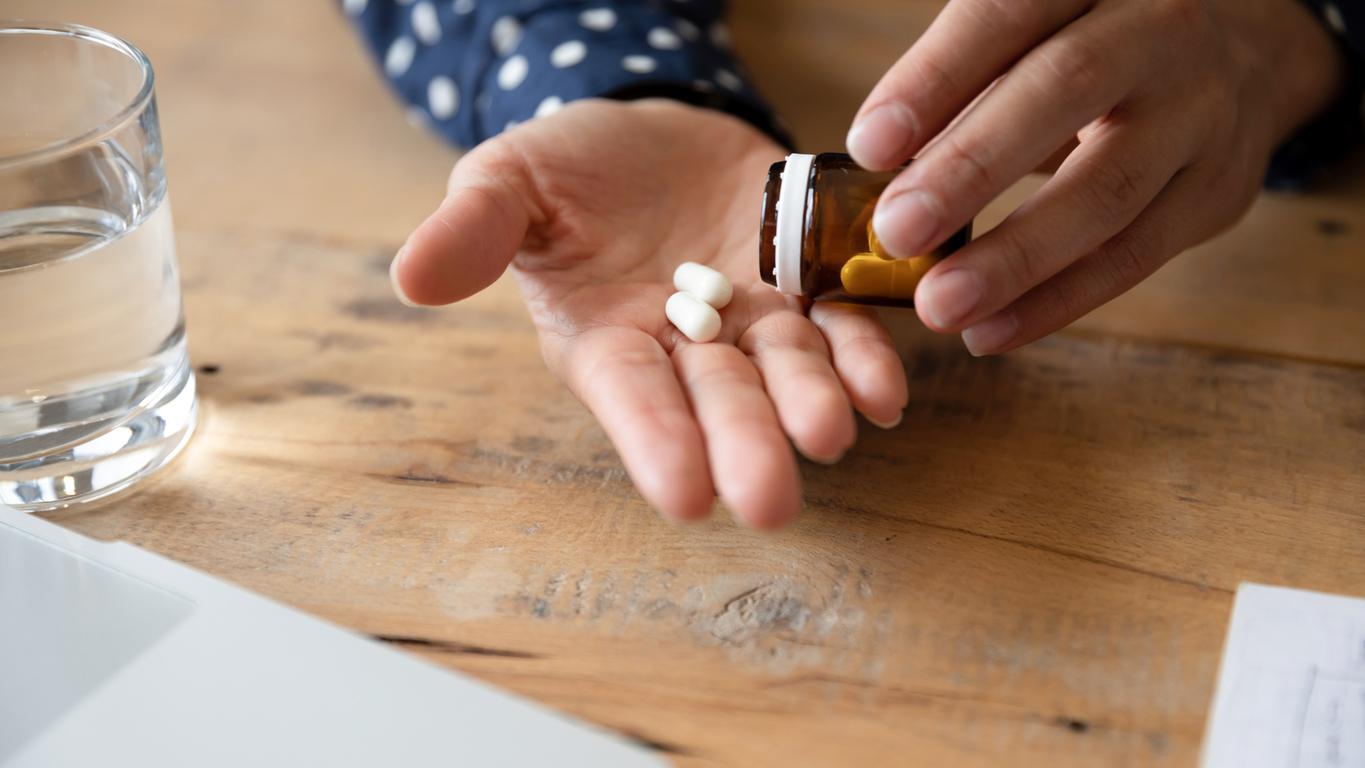Dutch researchers have presented repetitive transcranial magnetic stimulation (rTMS) as a treatment option for depressed people who do not respond to antidepressants.
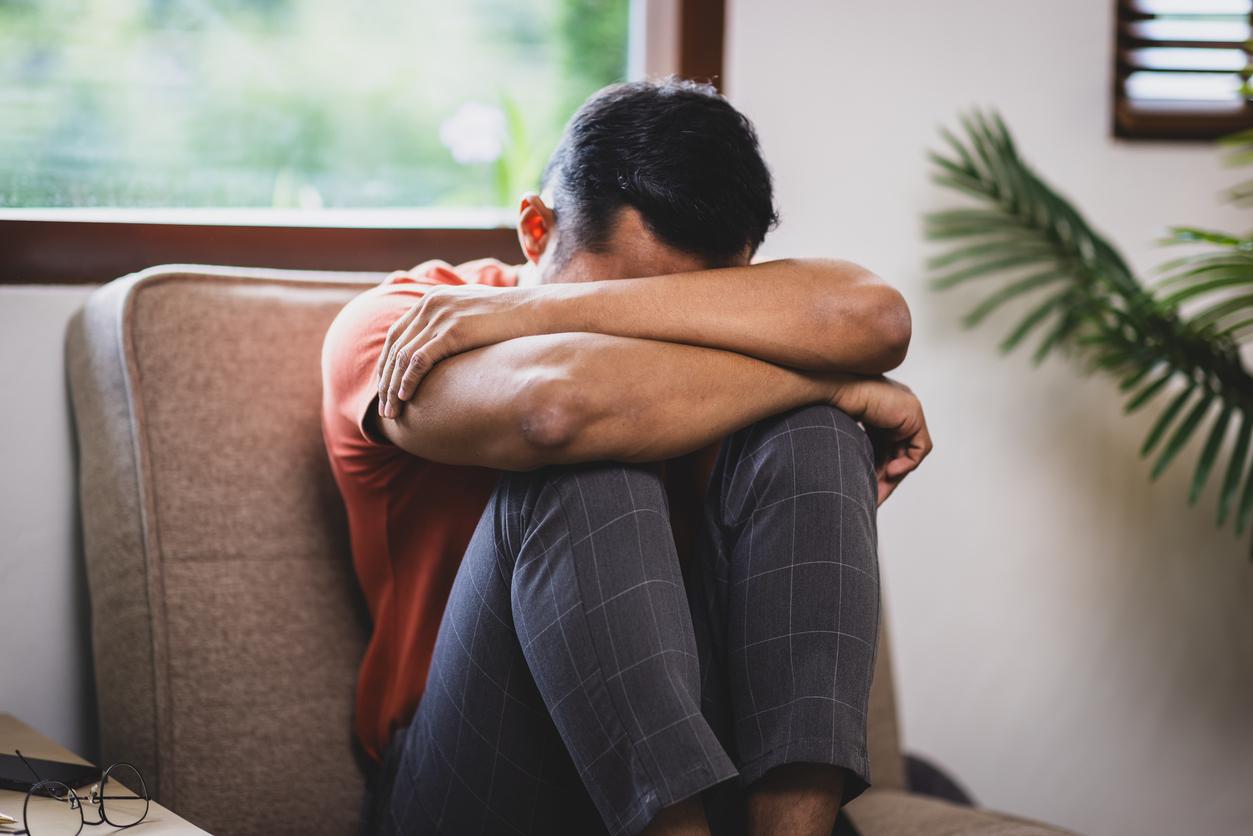
- Repetitive transcranial magnetic stimulation (rTMS) allows, by generating an electrical current, to stimulate or inhibit certain areas of the brain.
- After benefiting from this technique, 37.5% of depressed patients resistant to antidepressants showed high response rates. Even more surprising, 27.1% of treated adults were in remission.
- A greater reduction in symptoms of anhedonia and anxiety was observed in the group that received repetitive transcranial magnetic stimulation.
Non-invasive and painless, repetitive transcranial magnetic stimulation (rTMS) is a medical technique which, by generating an electric current, allows certain areas of the brain to be stimulated or inhibited. “In the context of depression, little is known about the comparative effectiveness of rTMS and other treatment options, such as antidepressants”said scientists from Radboud University Medical Center (Netherlands). This is why they decided to carry out a study published in the journal The American Journal of Psychiatry.
Resistant depression: 27.1% of patients in remission after rTMS
For the purposes of the work, they recruited 89 people suffering from non-psychotic unipolar depression and who had not responded satisfactorily to at least two treatment trials. Participants were randomly divided into two groups. For eight weeks, the first benefited from 25 sessions of repetitive transcranial magnetic stimulation “at high frequency (10 Hz) on the left dorsolateral prefrontal cortex with 3,000 pulses per session”. Members of the second group changed and tested a new antidepressant. During the intervention, volunteers received psychotherapy of different types at least once a week. Next, the team examined change in depression severity and symptom dimensions (anhedonia, anxiety, sleep, rumination, and cognitive reactivity).
The results showed substantial and clinically relevant differences between the two groups. Repetitive transcranial magnetic stimulation resulted in significantly greater reductions in depressive symptoms than medication. This resulted in higher response (37.5% vs. 14.6%) and remission (27.1% vs. 4.9%) rates. The authors also found a greater reduction in symptoms of anxiety and anhedonia, or the loss of the ability to feel pleasure, after rTMS compared to switching antidepressants. “No differences were observed compared to the medicated group in reducing symptoms of rumination, cognitive reactivity and sleep disturbances,” can we read in the research.

Confirm results through “testing with more complex designs”
The follow-up period for this study is ongoing. According to the researchers, this data will be crucial in determining the long-term benefits of repetitive transcranial magnetic stimulation, as well as its cost-effectiveness. “It will also be important to replicate this work in trials with more complex designs to control participant expectations and contact with the team.”









